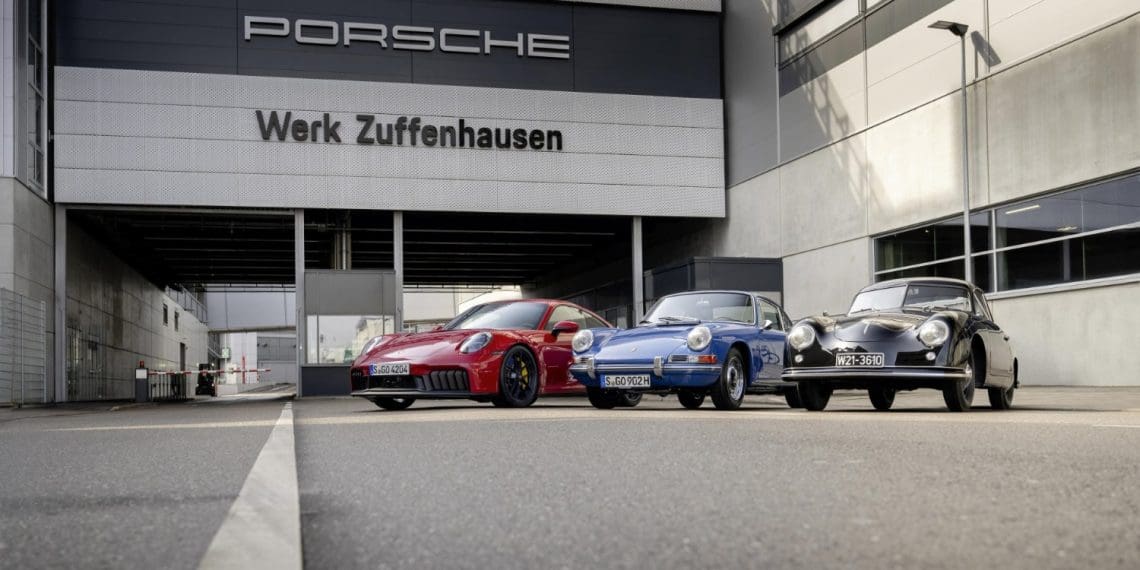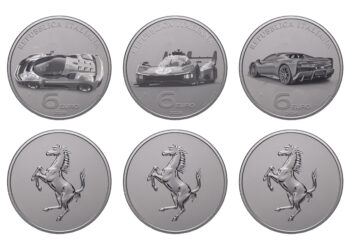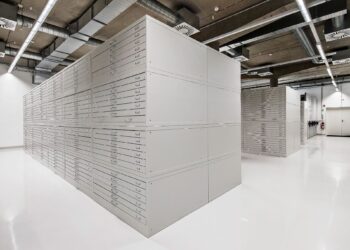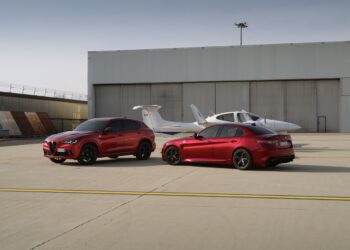Porsche is celebrating the 75th anniversary of automobile production at its factory in Zuffenhausen, Stuttgart, Germany. The first model to be produced at that production facility was the Porsche 356, which rolled off the assembly line on April 6, 1950.
Porsche began its operations in Zuffenhausen in 1938, initially as a design office. The production of automobiles under the Porsche brand only started after World War II.
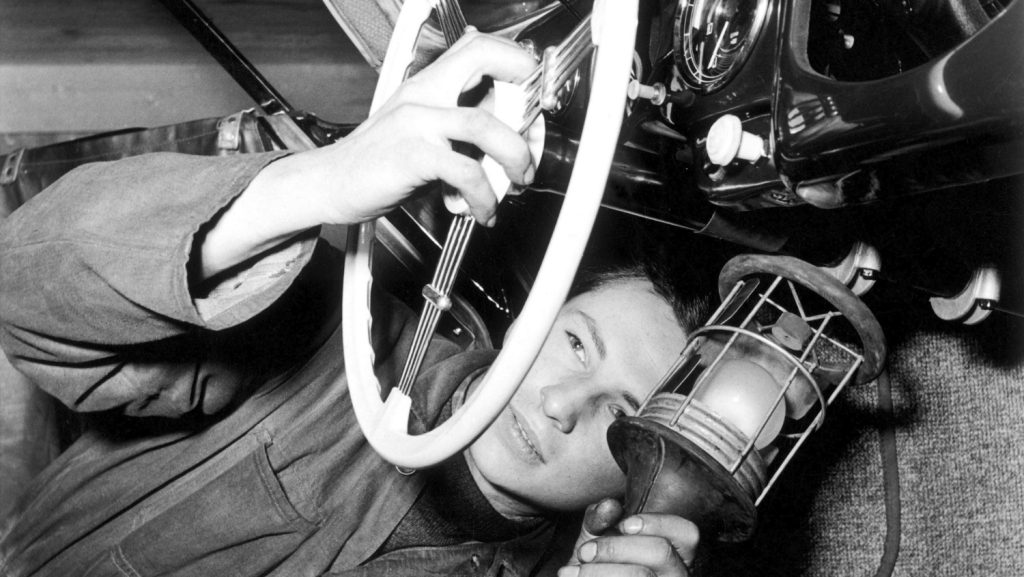
Thus, on June 8, 1948, the Porsche 356 ‘No.1” Roadster received its circulation authorization. The first 52 units of the 356, featuring a rear engine and emergency rear seats, were handcrafted between 1948 and 1950 in Austria, using aluminum bodies, and served as the model for the 356 produced later in Stuttgart.
By the end of 1950, Porsche had produced 317 automobiles. Due to the initial success in competition and the enormous demand in export markets, the 356 quickly became a huge success for the brand.
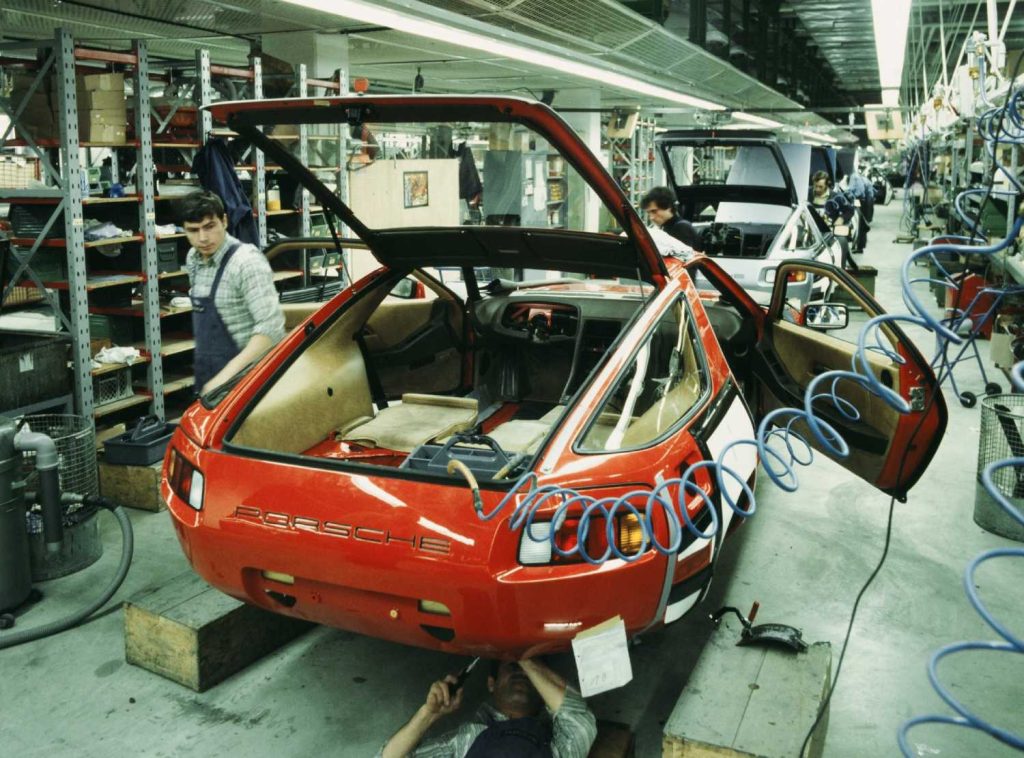
In 1963, Porsche acquired the body construction company Reutter and its vast know-how with around 1,000 employees, nearly doubling the number of workers at the brand. This led to the production line in Zuffenhausen producing the first 911 that same year, which was still known as the 901 at the time.
Two years later, Porsche decided to end the production of the 356, which occurred at a time when the sports car manufacturer had already produced around 78,000 units of the iconic model.
During the following decades, the facilities in Zuffenhausen gradually expanded in line with the increase in production. Thus, in the 1970s and 1980s, front-engine models such as the 928, 944, and 968 were built at the facilities, alongside the 911.
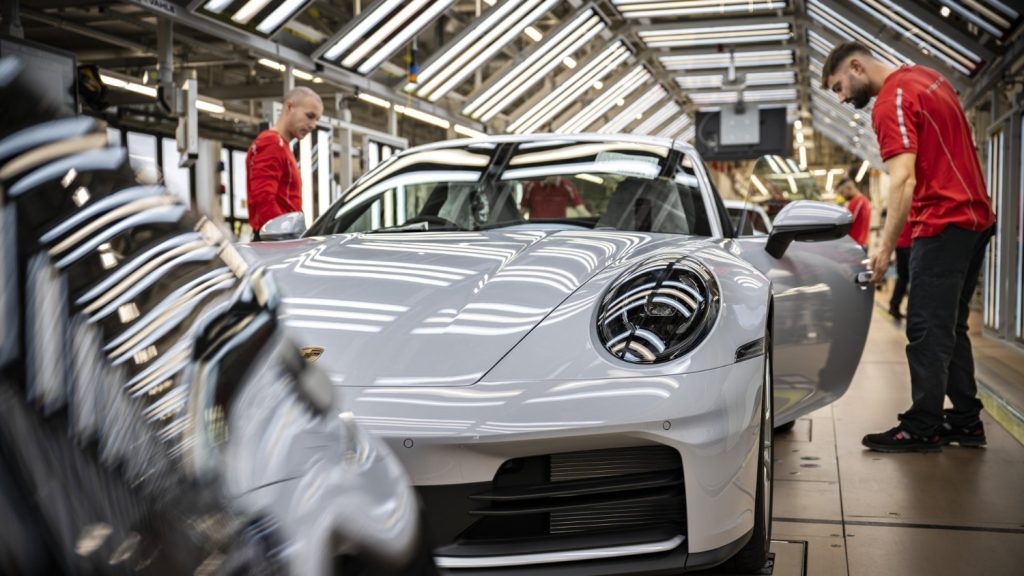
By the 1980s, body production in Zuffenhausen had once again reached capacity limits. The growing demand for sports cars required an expansion of the facilities. Therefore, in 1988, Werk 5 was built, designed for highly flexible body production.
For decades, the Zuffenhausen factory has been continuously modernized through a series of conversions, expansions, and new constructions. In this process, Porsche responded creatively and innovatively to the increasing demands for precision, efficiency, and flexibility.
Another significant change in the factory’s history was the preparation for the start of production of the Taycan, the first 100% electric model, which began mass production in 2019.
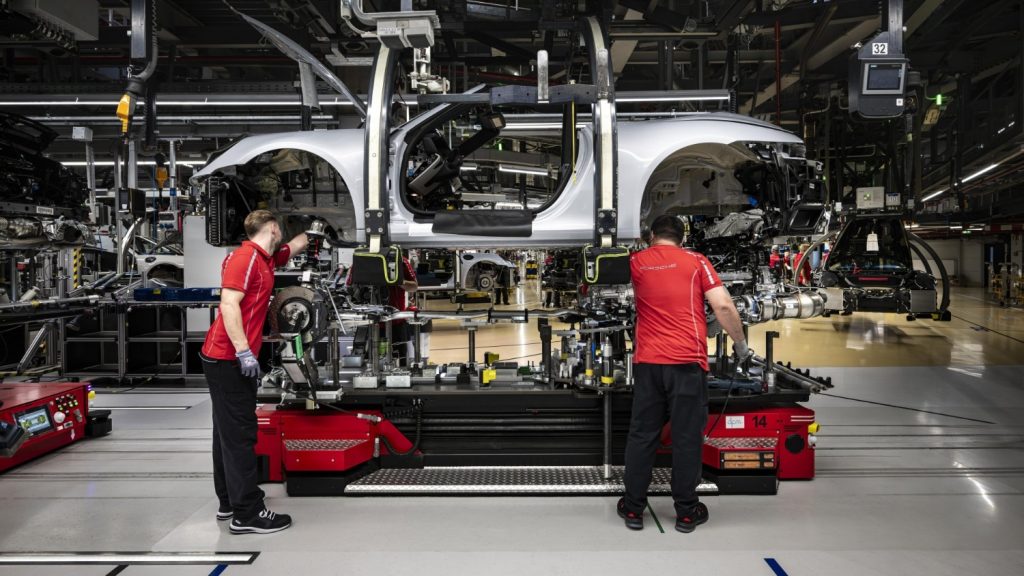
“Zuffenhausen is and continues to be the home of our sports cars. It is here that we produce the cars that fascinate the world – with a production that combines manufacturing and engineering for 75 years”, said Albrecht Reimold, Member of the Executive Board for Production and Logistics at Porsche AG.

